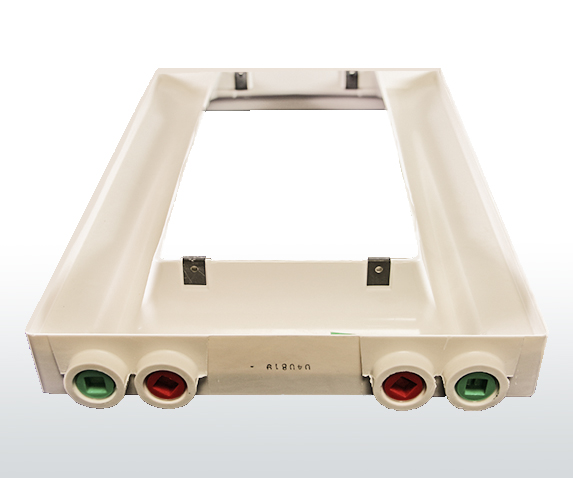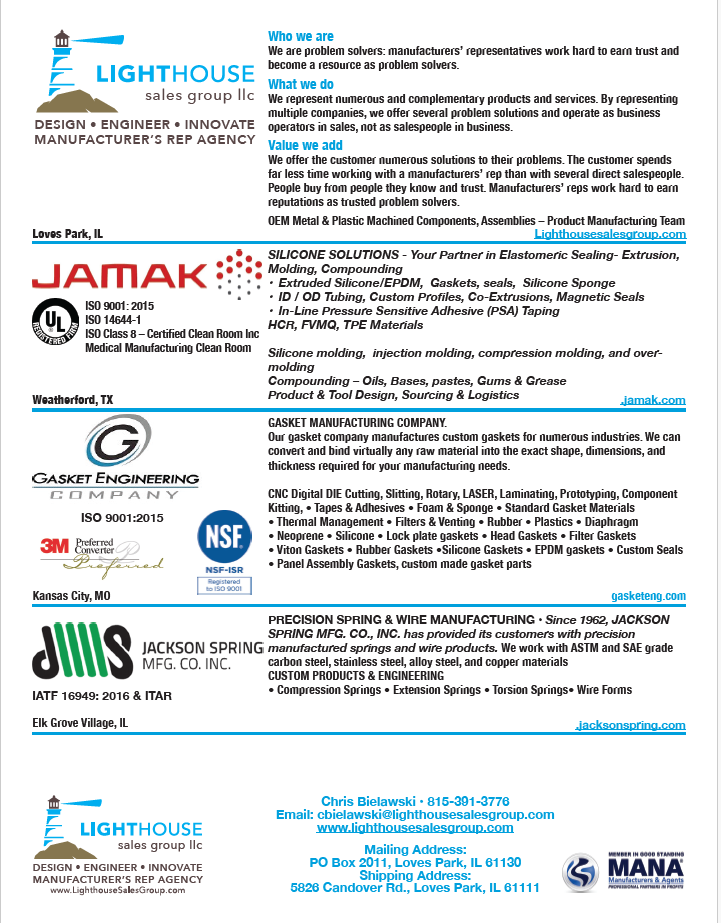
A big difference between molded thermoplastic (nylon, ABS, polypropylene, etc.) parts and thermoset (BMC, phenolic) parts is the performance properties the molding material provides a part with. Whereas thermoplastics can be remelted and remolded, a molded thermoset part cannot be remelted and re-molded a second time. This is due to the chemistry composition thermosets exude. This unique chemistry composition not only creates permanent molecular bonds in a thermoset molded part, but protects parts from corrosion in moist, damp, condensation, steam, or water-based environments. The corrosion-resistant nature of thermosets allows molded parts to remain durable over the product lifecycle, making thermosets suitable for part applications used in outdoor, consumer appliance, HVAC, marine, and other elements where alternative parts made from thermoplastics or metals can degrade and corrode. Even in water-submerged applications, molded thermoset parts have a much lower water absorption compared to many engineered thermoplastics including nylon or ABS. Common thermoset applications that require corrosion resistance include cookware, home appliance washer/dryer and dishwasher components, outdoor grill handles, lighting covers and housings, HVAC components including condensation drain pans, telecommunications equipment, industrial enclosures, and pump housings.






